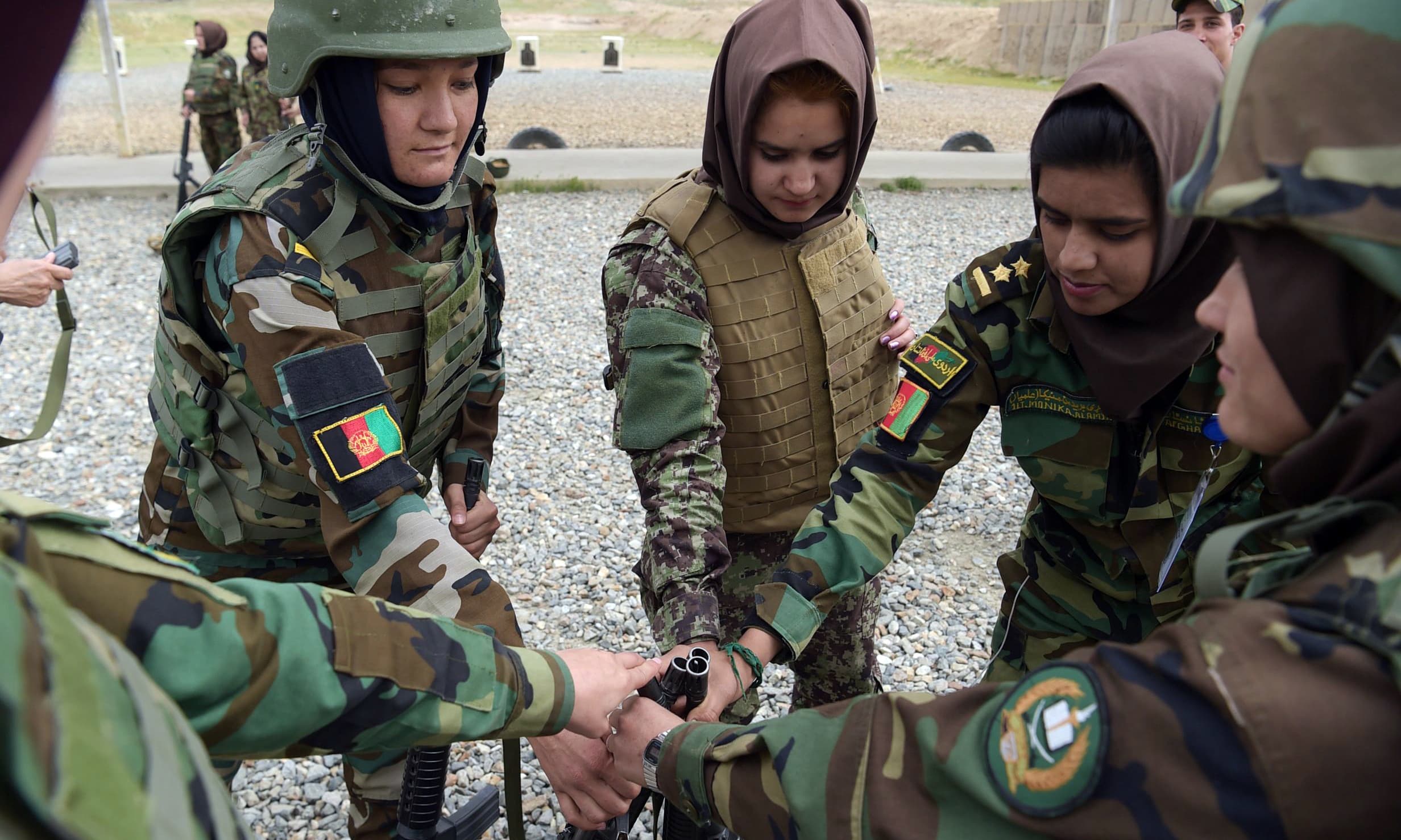Commandos armed with RPG-7 rocket launchers aim at a tank hundreds of metres away — these fresh recruits to Afghanistan's most skilled fighting force, the Special Operations Command (SOC), will soon be on the frontline of a war that United States (US) President Donald Trump has vowed "to win".
The growing strength of the elite group has worried the Taliban, US generals claim.
Camp Morehead, a former Soviet base near Kabul, is one of two training bases where the commandos are drilled by Afghan instructors in a programme overseen by US-led international forces.
“We are hunters, you know. What I'm saying to you is we are killers, we are looking for the bad people to kick them in their arse,” one of the commandos, who cannot be identified, told reporters recently at the secondary training base.

While the SOC, which also includes top special forces, account for about seven per cent of the Afghanistan National Defense and Security Forces, they have been deployed in nearly 80 per cent of offensives and emerged victorious each time, they say, a claim supported by US and foreign forces.
But as the Taliban gain ground across the country and the militant Islamic State group expands its footprint, there are concerns the fighters are becoming physically exhausted.
“It's true they are tired. They are currently fighting on behalf of the world against multiple militant groups," said General Dawlat Waziri, spokesman for the defence ministry.
Earlier this year, Afghan President Ashraf Ghani ordered a near doubling of their ranks from 17,000 as part of a four-year road map that also aims to strengthen Afghanistan's air force.

At Camp Morehead, also previously used by the Taliban as a training ground, commandos are put through several months of training before being sent into battle.
From Kunduz province in the north to Helmand province in the southwest they defend villages threatened by the Taliban and their speciality, launch night raids on insurgent hideouts.
“You better be in good condition. During the week of selection they had to run around with a 25-kilogramme bag and return,” said an Afghan sergeant.

'Never lose'
Since US-led Nato troops ended their combat mission in December 2014, Afghan's special forces and commandos have served as a bulwark against attacks launched by the Taliban and other militant groups.
“The reason why they are so good is because they have been trained by some of the best special forces around the world,” said a US general.
“When the special forces are employed they never lose. If we double them that means a significant capability and we know the Taliban are concerned.”
The importance of their role in the 16-year war has grown as the embattled Afghan National Army (ANA) is plagued by killings and desertions.
General John Nicholson, the top US commander in Afghanistan, told reporters recently that additional American troops would enhance training of Afghan forces and expand Afghan air and special operations fighters.
“The Taliban cannot win on the battlefield,” Nicholson said, expressing confidence in Afghan security forces, even though they are still not ready to fight on their own. Trump's strategy includes sending more US troops to Afghanistan.
But for now, the momentum is with the Taliban.
As of February, only about 60 per cent of Afghanistan's 407 districts were reported to be under government control, according to the US watchdog agency Special Inspector General for Afghanistan Reconstruction.
The rest is controlled or contested by the Taliban and other insurgents.
“As their (special operations forces) numbers increase, we will cover more of the country and we can conduct more missions,” said Colonel Ahmad Zabihullah, their operational commander.
Waziri remained confident Afghan forces would eventually prevail.
“Can we win this war? Yes, we win this war. Long live Afghanistan,” he said.
















































